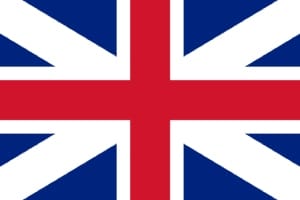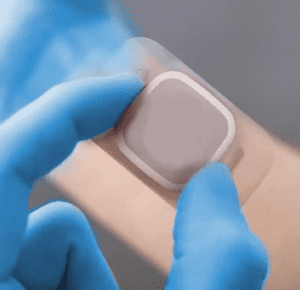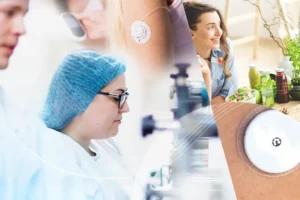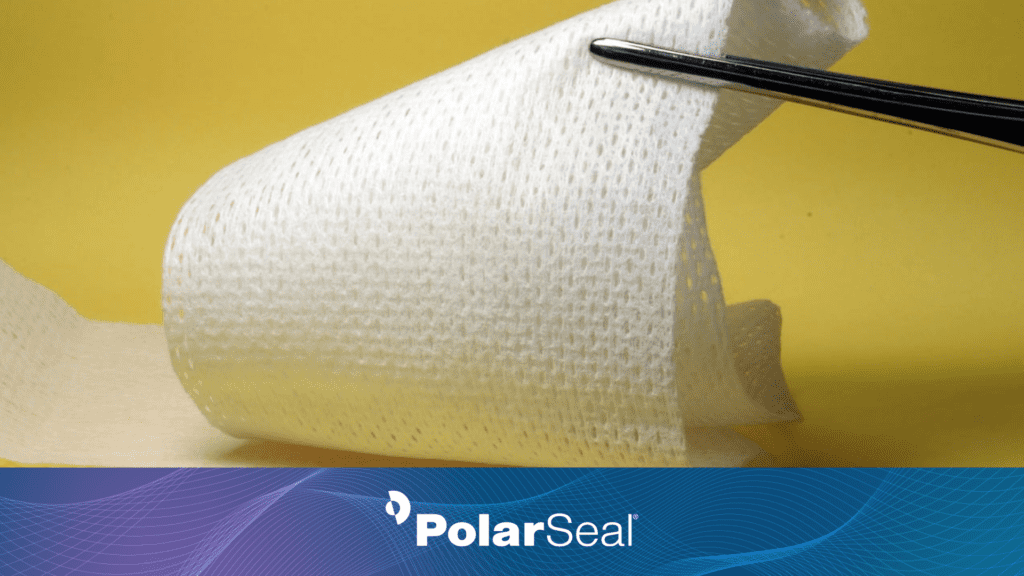You may have noticed that CBD (cannabidiol) is becoming more prevalent – the non-active chemical of the hemp plant that is now used for a
variety of medical issues.
CBD is not a fringe wound healing product or an ‘alternative medicine’ any longer – essentially, it’s become a legitimate medical substance (whose efficacy has been confirmed by many varied studies – again, see the above blog link), but with that legitimacy comes regulation.
To put it simply, the UK’s stance on To put it simply, the UK’s stance on the legality of CBD is complex mainly due to THC (tetrahydrocannabinol).
For a brief primer of the differences: both are key chemicals in the cannabis plant, meaning there can be some crossover between them – but the THC is often detected in the leaf of the plant and the CBD is contained more prevalently in the stem. Consumption of THC results in euphoria, relaxation, and silliness – the concept of ‘getting high’ on cannabis. CBD, on the other hand, leads to relaxation (along with a host of other medical benefits) without the mind-altering side effects produced by THC.
THC is still currently illegal in the United Kingdom, although it can be prescribed by doctors in very specific circumstances. This means that CBD (both imported to and exported from the UK) must be 99.99% pure, with a small 0.01% threshold for THC detection. This can make refining CBD difficult, as they of course come from the same plant. Using CBD for cosmetic purposes does not require a specific licence, but if you are using it for medical purposes, you may need to become certified. To put it into practical terms, if you produce a cosmetic CBD ointment or other medical product, there is no licence required.
However, it has been a few years since the UK has legalised CBD, and now that the growing pains are more or less done, some structures have been put into place to help the substance move a little more liberally around the country. The Centre for Medicinal Cannabis has been set up as a lobbying group to work with the government to help boost the medical CBD industry. Health and safety standards are being scrutinised and improved. And companies like PolarSeal and altering their manufacturing capabilities to ensure that CBD can be an active ingredient within the markets they manufacture, such as advanced wound care.
This hasn’t been the first time we’ve explored the burgeoning world of CBD, and we’re certain it won’t be the last. But for now, it’s important to know that PolarSeal has fully embraced the use of CBD, and we have the capabilities and the ISO 7 cleanrooms to make certain that whatever we produce is in line with the current legal system. If you have a challenge you think that we have a solution for, don’t hesitate to contact us today.







